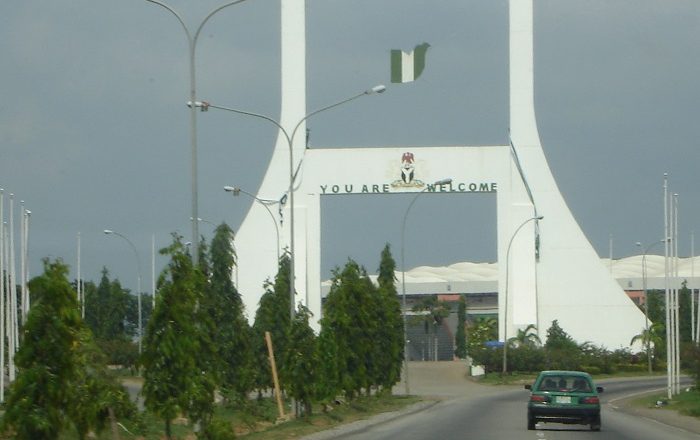Residents of Nigeria’s Federal Capital Territory (FCT) are voicing concerns over skyrocketing food and transportation costs, driven largely by recent hikes in fuel prices. Many residents report that these increases have made basic necessities unaffordable, creating intense strain on household budgets.
Maryam Abusaid, a mother of three, shared her frustration at the doubling of rice prices over the past year, making it difficult to feed her family on her husband’s stagnant salary. Civil servant Ekaite Obot echoed similar concerns, noting that she has been unable to drive her car due to fuel expenses and has had to cover family costs alone after her husband lost his job.
Other residents, like teacher Nneka Azubuike, describe turning to alternative means to make ends meet, such as relying on the goodwill of parents from wealthier families. Meanwhile, small business owners are struggling to maintain profitability as rising expenses either force them to increase prices or face shrinking profit margins.
The National Bureau of Statistics (NBS) reported a food inflation rate of 40.53% year-over-year as of April, with headline inflation also rising sharply. Abuja residents are calling on the government to intervene, emphasizing that the current situation is unsustainable, and that many Nigerians are now faced with tough choices between food, transport, and other essentials.
